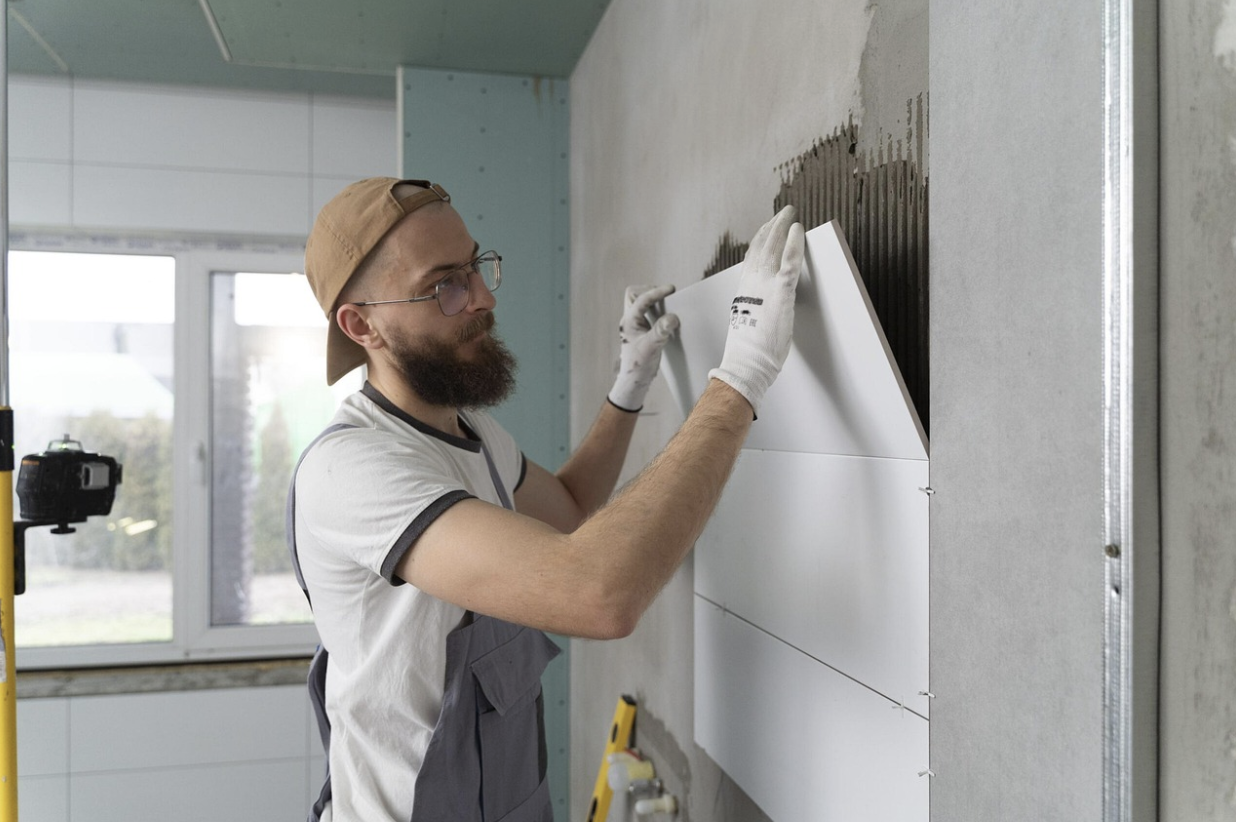Important Home Fixes Before Bringing Baby Home

Creating a safe and comfortable environment for your newborn begins long before they arrive. Preparing your home for the addition of a baby involves addressing various aspects of your space to ensure it is secure and welcoming. From important repairs to safety checks, these preparations can make a significant difference as you transition into parenthood. In this article, we will explore important home fixes that will provide peace of mind when bringing your little one home.
Assessing and Repairing the Electrical System
A thorough check of your home's electrical system should be a priority. Babies are curious and may explore their surroundings in ways that can pose risks. Start by inspecting outlets throughout your home. Ensure all outlets are up to code and have safety covers to prevent accidental shocks. Any frayed or damaged cords should be replaced immediately to avoid hazards. In cases where repairs are needed, contacting a roofing company can provide you with insights on ensuring that larger systems within your home are effective and safe for your baby. A licensed electrician can address potential problems.
They can help with childproofing measures, such as installing tamper-resistant outlets and safety switches if necessary. If any circuits frequently trip, this may be a sign of deeper electrical issues that need to be resolved before your child arrives. Regular checks of light fixtures and wiring can prevent malfunctions that pose risks to your infant. Formulating a relationship with a reliable electrical service can prove beneficial for current needs and for future requirements as your baby grows.
Securing Windows and Doors
Windows and doors are usually sources of creativity for your child, but can be potential safety threats. First, assess the security of all windows in your home. Install childproof locks or window guards to prevent falls. This is particularly necessary for windows located above the ground floor. Doors need attention, too.
Utilizing door stoppers can prevent little fingers from getting pinched, and door locks should be high enough so that they aren't accessible to curious toddlers. If your economical decisions allows, adding soft-close features to all doors provides an extra layer of safety. Don't forget sliding doors as well. Adding a wooden dowel or a lock mechanism can keep a sliding door securely in place when closed. Making these alterations grants peace of mind for parents and ensures that your growing child explores their surroundings safely.
Checking for Air Quality and Ventilation
Proper air quality is important for your newborn's health. Most homes have ventilation systems that require regular maintenance. Start by changing or cleaning air filters to eliminate dust, pet dander, and other allergens. This simple task can make a profound difference in creating a more breathable, cleaner environment. Investing in an air purifier can further support healthy air circulation. Many modern purifiers include features that filter out harmful particles, ensuring that the air your child breathes remains clean.
This can be important for babies with potential respiratory issues. If mold is a concern in your home, taking preventive steps is key. Address leaks or damp areas promptly and think about hiring professionals for remediation if necessary. Maintaining healthy air quality is a key aspect of creating a safe space for your baby.
Repairing and Childproofing Furniture
With a newborn, furniture placement becomes vital. All furniture should be stable and securely anchored to the wall to prevent tipping. Remove heavy items or decorations from higher surfaces, as they could present a danger if they fall. Investing in childproofing connectors can minimize possible injuries around sharp edges. Soft furnishings may require cleaning or repairs. Fabrics should be safe and free from harmful chemicals; thus, look for hypoallergenic options when buying items such as crib mattresses or comforters.
Removing or securing items like heavy books or decorative glass objects could be a smart move that paves the way for doubles as effective future storage. Another solution may lie in adding foam edge guards or silicone strips to sharp corners and edges. Be mindful of spaces that could become cluttered once baby supplies arrive. Planning allows for an organized nursery setup that minimizes unnecessary hazards as you bring your baby home.
Addressing the Roof and Exterior
An overlooked yet vital aspect of home improvement involves inspecting roofs and siding. Cracks, leaks, or loose shingles can become serious issues that compromise protection against the elements and impact the safety of your environment. Hire a professional to conduct a thorough assessment, making necessary repairs before your baby arrives. Similarly, ensure that outdoor spaces are made safe for children.
This involves keeping walks clear and addressing any noticeable hazards in the yard, such as raised pavers or unsecured tools. Creating safe outside playing conditions can lead to wonderful memories without the stress of injury. As your baby grows, outdoor spaces can become just as significant as indoor areas. Providing a secure environment aids in little ones discovering the world around them as they learn and explore.
Taking the time to assess and repair various areas of your home ensures a secure environment as you welcome your newborn. From checking electrical systems and securing windows to ensuring proper air quality, these steps contribute to a smooth transition into parenthood. Making home safety a priority allows you to focus on what truly matters, creating joyful moments with your growing family.






